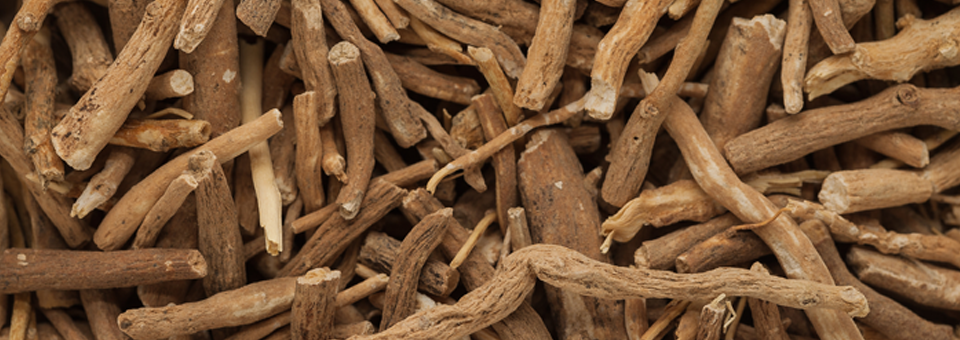More than any other factor, your lungs determine how long you will live.
The Framingham Heart Study reviewed 60 years of data and came to the same conclusion.1
So did the American College of Chest Physicians in a 29-year follow-up study published in 2000.2
In each case, lung health proved to be your No. 1 indicator of all-cause mortality.
This fact is particularly relevant during these uncertain times.
Throughout my career — and especially now at the Sears Institute for Anti-Aging Medicine — I help people restore lung power.
Today, I’ll show you another way to help.
Scientists Discover Nutrient That Improves Biomarker of Lung Age
Specific biomarkers tell us the biological age of an organ.
For the lungs, one measure of age is your VO2 max levels. It tells us how much oxygen you can use when you exercise. And how much lung power you have.
Lung power typically decreases with age. But it doesn’t have to.
For example, a 60-year-old man with above-average lung power has “younger” lungs than his peers. The same man with a VO2 max below his peers would have “older” lungs.
For years, the only way to improve lung power was with exercises that challenged your lungs.
Recently though, scientists discovered that a popular herb called ashwagandha boosted VO2 max levels.3
Ashwagandha isn’t new. It has been used in traditional Indian medicine (Ayurveda) for thousands of years and is sometimes called Indian ginseng.
Its benefits include:
- Increased stamina
- Stress relief
- An enhanced mood
- Support for balanced blood sugar
- Improved brain function
Many studies support its use during exercise, to improve thinking, and to relieve anxiety.
This new finding casts a new light on ashwagandha. And it also is the first time a nutrient increased a biomarker of lung power. And not just any biomarker
, but the one that defines your lung age.With ashwagandha, we now have a second way to protect and even restore lung power.
Use This One-Two Combination to Restore Your Lung Power
Stronger lung power makes your immune system stronger, boosts your stamina, and improves your overall quality of life.
For years, I have recommended short workouts that focus on increasing exertion. Now, I am recommending you also supplement with ashwagandha.
Here’s what I recommend:
- Take ashwagandha daily. You can find ashwagandha in capsules or as a dried root powder. Take 300 mg to 500 mg every day. You might see “withanolides” and “withaferin” on the product label. These are the nutrients that give the herb its incredible power. They have been added to enhance the potency of the supplement.
nbsp;
When choosing a supplement, look for 100% organic and without artificial flavors or colors. - Do short, intense workouts every day. When you do short, intense workouts — like my PACE (Progressively Accelerating Cardiopulmonary Exertion) fitness program, you challenge your lungs’ VO2 capacity.
You can watch what a workout looks like on my YouTube Channel, but the simplest way to get started is with the core PACE exercise: Squats.
Instructions:
- Stand with your feet shoulder-width apart.
- Extend your arms in front of you. They should be parallel to the ground, palms down.
- Inhale quickly. Pull your hands straight back, turn wrists up and make a fist.
- As you finish your inhalation, your hands should be at your side in fists, elbows behind you.
- Now, exhale and squat, bending your knees, eyes looking ahead of you.
- Let your arms fall to your sides and let your fingertips touch the ground.
- Keep exhaling as you swing your arms up as you stand and return to the starting position.
- Repeat at a pace of one squat every four seconds. As you get better, aim for one squat per second.
To Your Good Health,

Al Sears, MD, CNS
1. Splansky GL, et al. “The third generation cohort of the National Heart, Lung, and Blood Institute’s Framingham Heart Study: Design, recruitment, and initial examination.” Am J Epidemiol. 2007;165(11):1328-1335.
2. Schünemann HJ, et al. “Pulmonary function is a long-term predictor of mortality in the general population.” Chest. 200;118:656-664.
3. Choudhary B, et al. “Efficacy of ashwagandha (Withania somnifera [L.] Dunal) in improving cardiorespiratory endurance in healthy athletic adults.” AYU. 2015;36(1):63-68.

